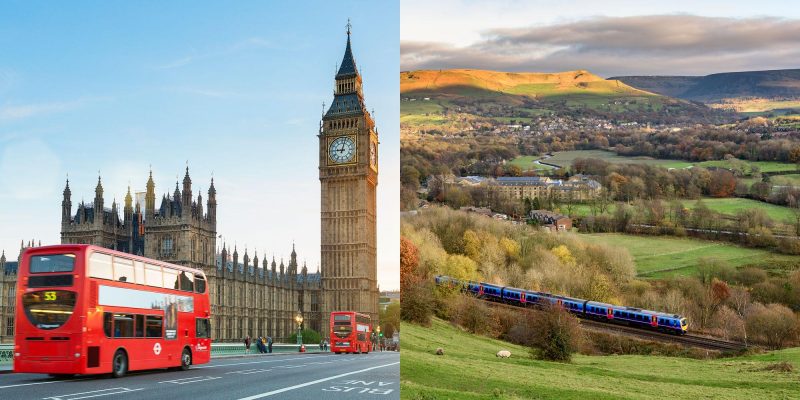In this great block we discuss the most outstanding aspects of the internal development of the medieval parliament, starting with an analysis of the representatives summoned to a parliament in the Middle Ages, as well as the functions and functioning of the organ and finally, we write a little history compared between the medieval parliament in England and the French parliaments.
This part is very important because it shows us how the day to day lived within the institution and what were the steps of the ceremonial and the development of the pomp, which today characterizes the British Parliament. It is, therefore, the most social part of the work, which leads us to fully introduce ourselves into the internal aspects of the parliament, leaving aside the typical political development of the same already commented above.
Since the reign of Henry III and, above all, of his son Eduardo I, the feudal assemblies of notables cease to exist and their powers are transferred to an institution, the parliament that gathers the three estates of the kingdom of pussy, that is, according to chroniclers , all types and conditions of free men, hinting at the position in which the peasantry remains. The three estates are, according to the typical tripartite division of feudal society: the barons, those who fight; clerics, those who pray, and the commons, those who work.
All representatives were summoned by the monarch and there was no other possibility of attending parliament, but it was through a royal decree (in English, “writ”) stipulating the name of the summoned, the reason and the date. In the case of lay and ecclesiastical magnates, given their position, the order contained their name directly, but in the case of the commons, as well as the low clergy, the monarch sent the decree to the sheriff and the archbishop respectively to proceed to the launch of the election in county / diocesan assemblies of a certain number of representatives.
According to his presence in parliament, let’s start with the king’s officers, known in the chronicles as “curials.” At the center of the parliamentary activity were the king’s officers highlighting above all the “Justicia,” “Treasurer” and “Chancellor” among others, who were part of the Royal Council, once they had sworn to give good advice. to the king, protect their interests and impart impartial justice. Normally they were lay and ecclesiastical magnates appointed by the monarch. Within the council the king was the one who commanded and imposed the political decisions to follow and his officers were to support and advise him faithfully: the king legislated, imposed and judged in the council.
Being the political body of the kingdom, its presence in parliament to account for the state of the kingdom was very necessary and there was a constant tension between both bodies; since its inception, the council was formed by a few hand-picked by the king and parliament by the entire community of the kingdom challenging the authority and interests of the royal officers. Recall that the parliament did not cease in its intention to control the royal officers or their appointment, but after the defeat of Evesham in 1265, the king was the one who had the singing voice.
The “oratores” like all social sectors was a very heterogeneous group and has traditionally been divided into two: the high clergy, in the English case, the archbishops of Canterbury and York, the bishops and the priors and the abbots; and the low clergy with the Archdians, the deanes and finally the parish priests.
Starting with the high clergy, it is worth mentioning their ambiguous relationship with the parliament, since on one hand, their position was spiritual because they were the head of the English Church, but on the other, they had an unquestionable political preponderance, since they were also ministers of the king in some cases and barons possessing a large amount of land mostly. That is why the claims they made in parliament were of two types, preserving the freedom of the Church and preserving the economic interests of the privileged. The archbishops and bishops were very interested in parliamentary politics, but not the abbots whose number dropped from 72 to 27 between the reign of Edward I and that of Edward III.





